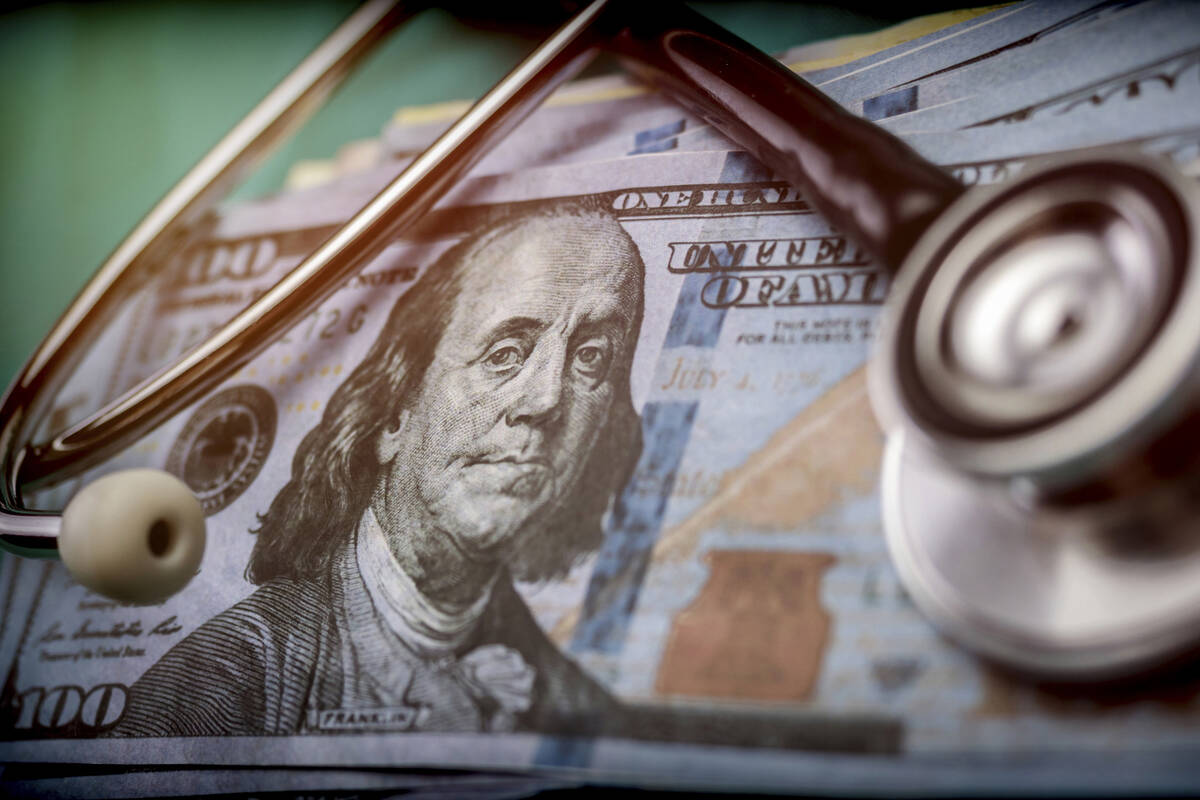Social Security disability payments could jeopardize Medicaid benefits
Dear Toni: I am a 59-year-old woman, and in June 2022, I was diagnosed with stage 3 metastatic breast cancer. A nonprofit cancer program in my state qualified me under Medicaid because I was unemployed, and I was referred to a local cancer facility for treatment. I have had a radical mastectomy with chemotherapy and will be starting radiation next week.
Friends tell me I am crazy not to get my Social Security disability because I need the income. Social Security has said I am eligible for disability (based on work credits), and the amount I can collect will be $2,015.
My question: If I can qualify for Social Security disability because I am unable to work because of my breast cancer, will I be able to keep my Medicaid benefits? At present, I am not paying anything for my cancer treatments. — Terri
Dear Terri: Many Americans believe that qualifying for Social Security disability insurance (SSDI) benefits can be the answer when you cannot work because of a serious illness. But friends who do not know the Medicaid or Medicare rules can steer you in the wrong direction.
To qualify for Medicaid, one must meet certain income requirements in the state where you reside. If you make just $1 too much you can lose your Medicaid benefits.
Terri, you currently do not have to pay for anything because you qualify for Medicaid. But you could lose your Medicaid benefits if your $2,015 monthly SSDI check is too much income under your state’s Medicaid requirements.
Once you lose your Medicaid benefits, Medicaid will not be paying the cancer facility or any other health care facility or provider. Unless you can qualify for and afford to pay for other health insurance, you will have to pay 100 percent for your cancer treatment. Then your troubles will really begin.
When someone qualifies for SSDI, it will take 24 months to qualify for Medicare, which will begin on the 25th month.
My advice is to wait to apply for SSDI benefits until after you have finished all of your cancer treatments and are released with a clean bill of health.
If you are no longer receiving cancer treatments that are covered by Medicaid when you are 62, apply for your early Social Security benefits, rather than SSDI.
At 62, you can receive 75 percent of your Social Security amount. (You would not receive 100 percent of your Social Security benefit until you reach your full retirement age.)
At 65, apply for original Medicare online at ssa.gov and apply for a Medicare supplement with a stand-alone Medicare Part D plan or enroll in a Medicare Advantage plan with Part D. Always confirm that your cancer facility and/or medical providers accept the Medicare Advantage plan you are enrolling in.
With original Medicare, the recipient can make as much money as needed and not lose medical benefits, unlike Medicaid benefits.
Toni King is an author and columnist on Medicare and health insurance issues. If you have a Medicare question, email info@tonisays.com or call 832-519-8664.

















